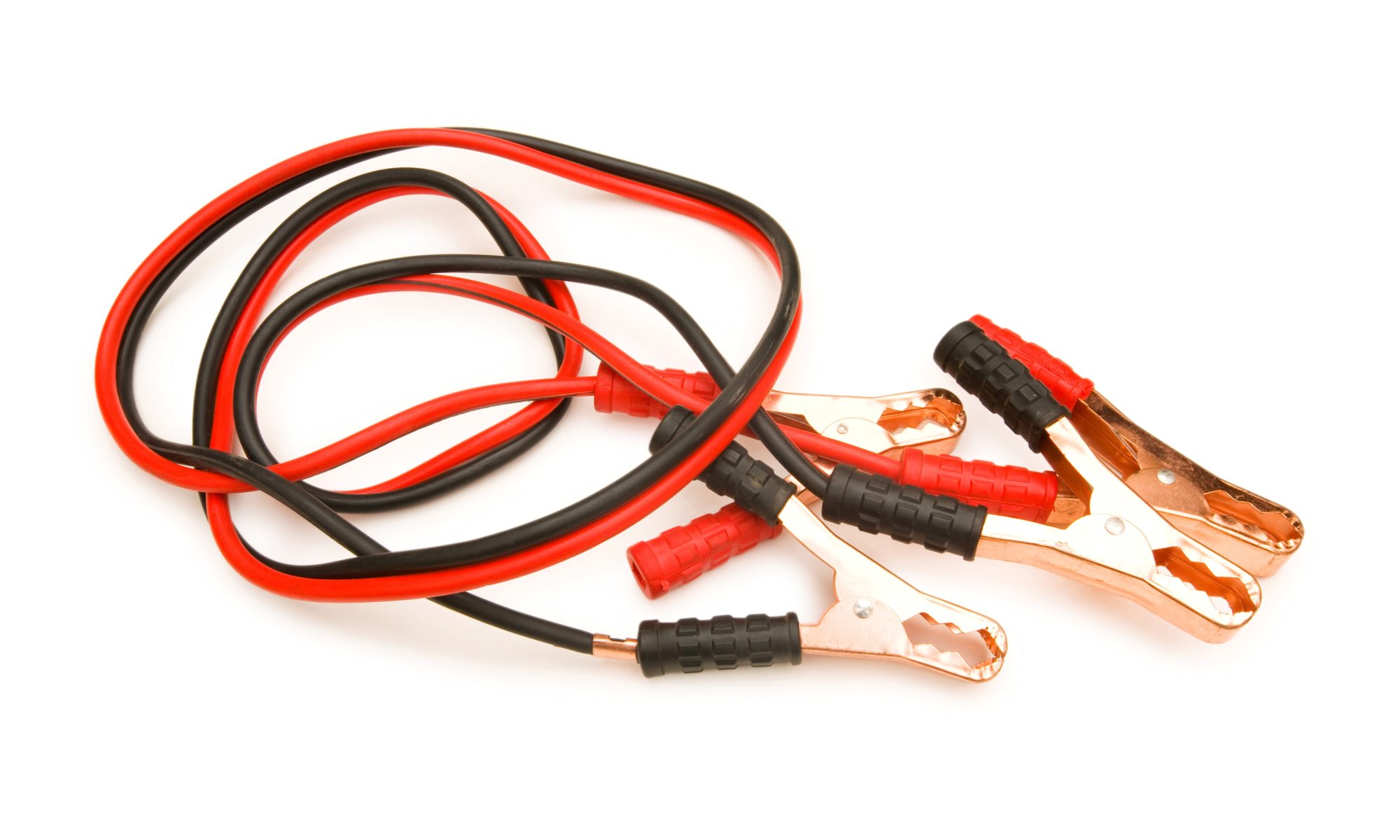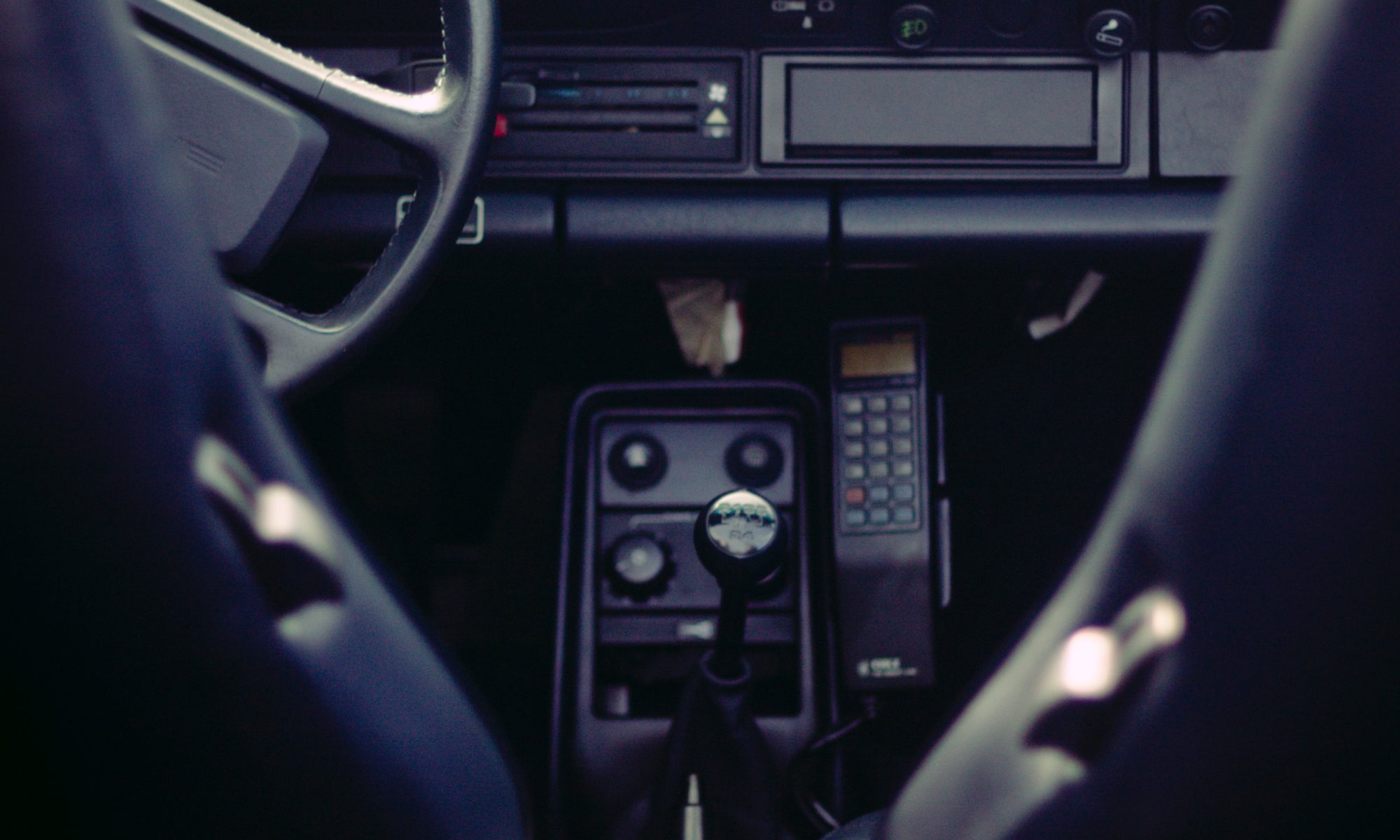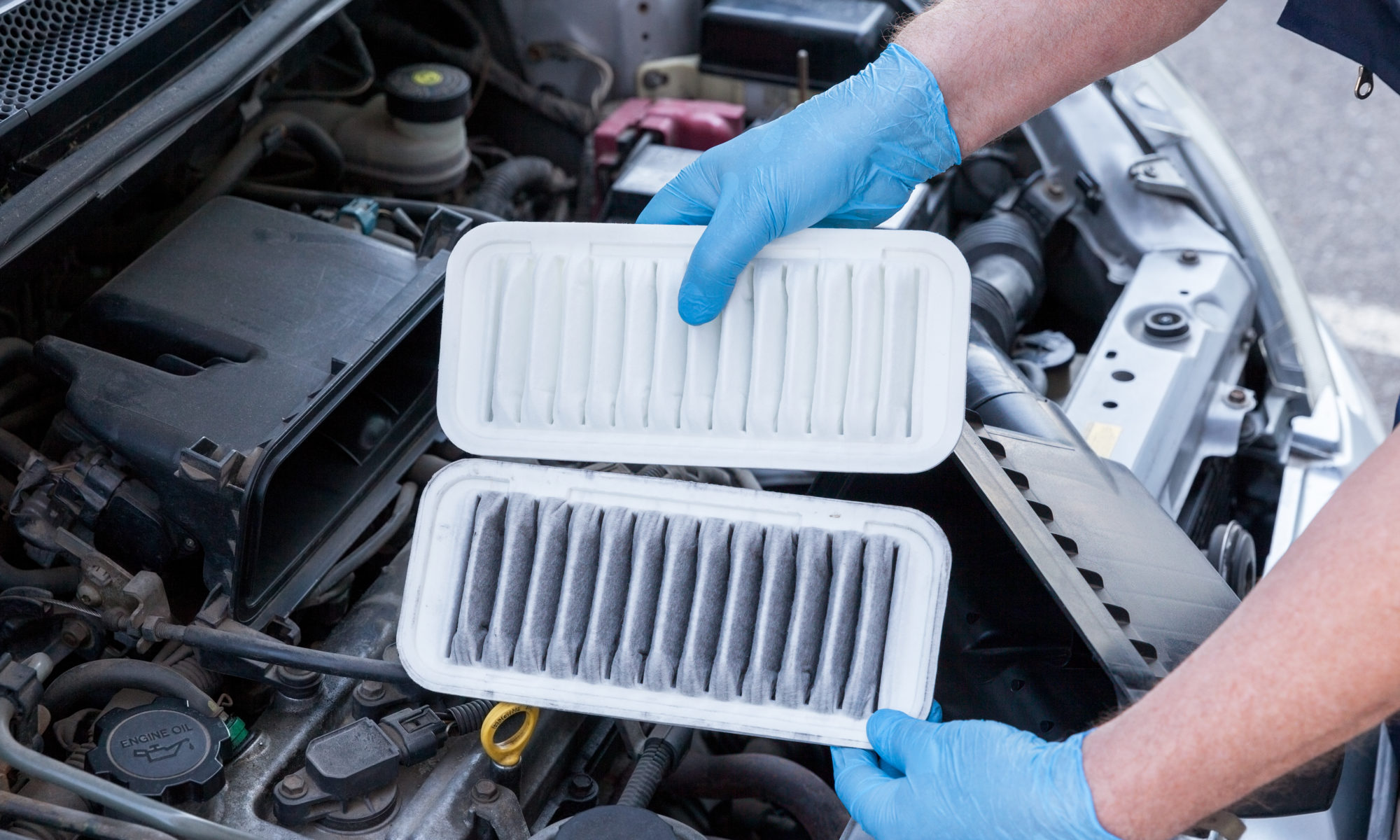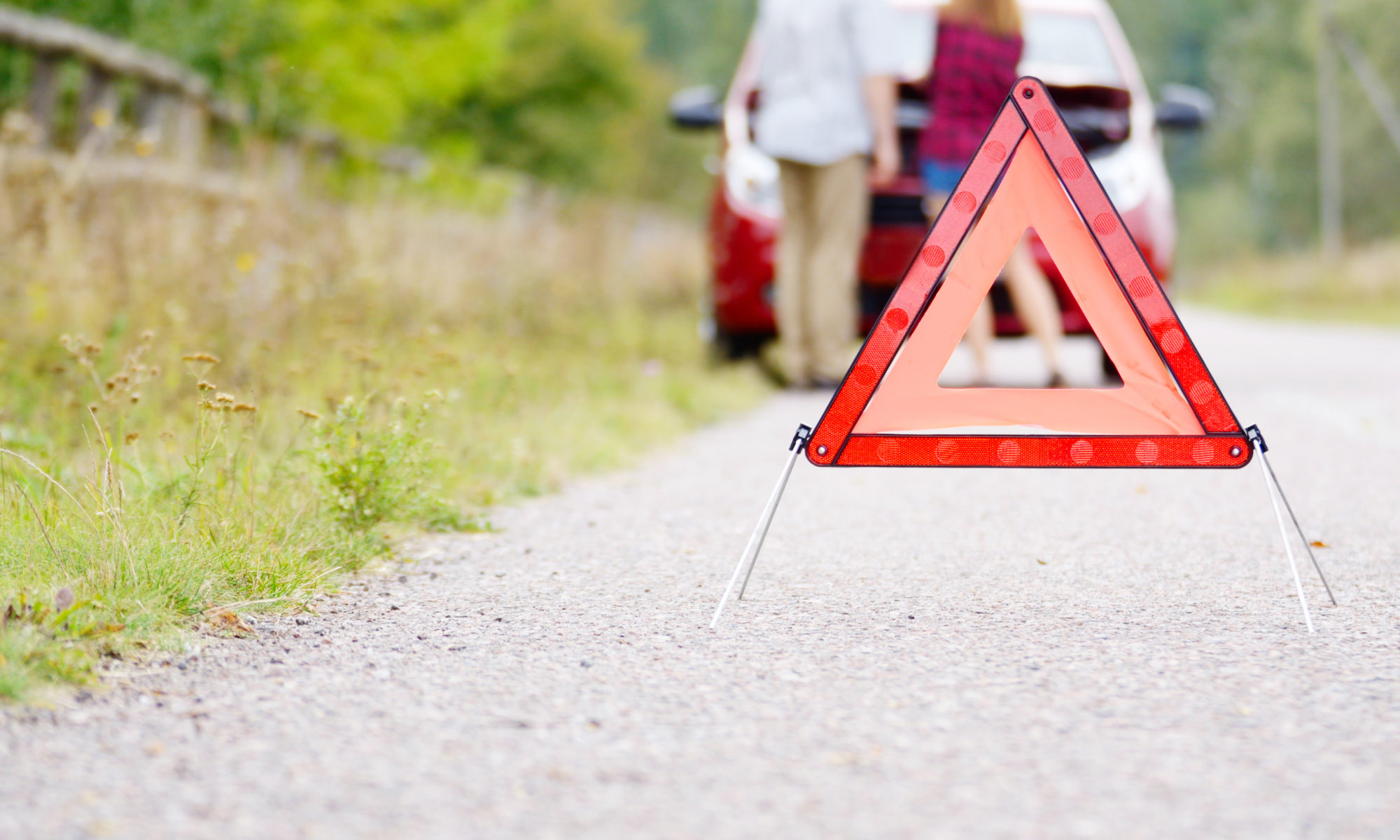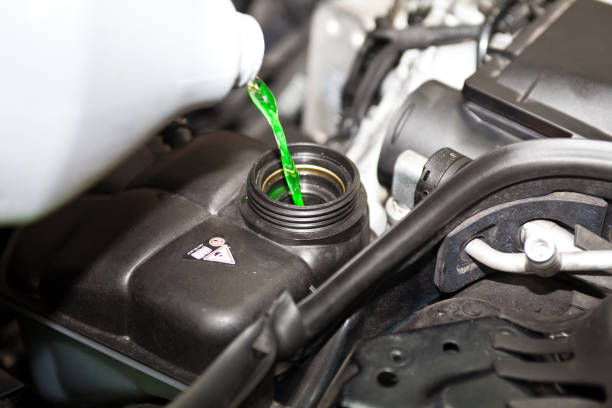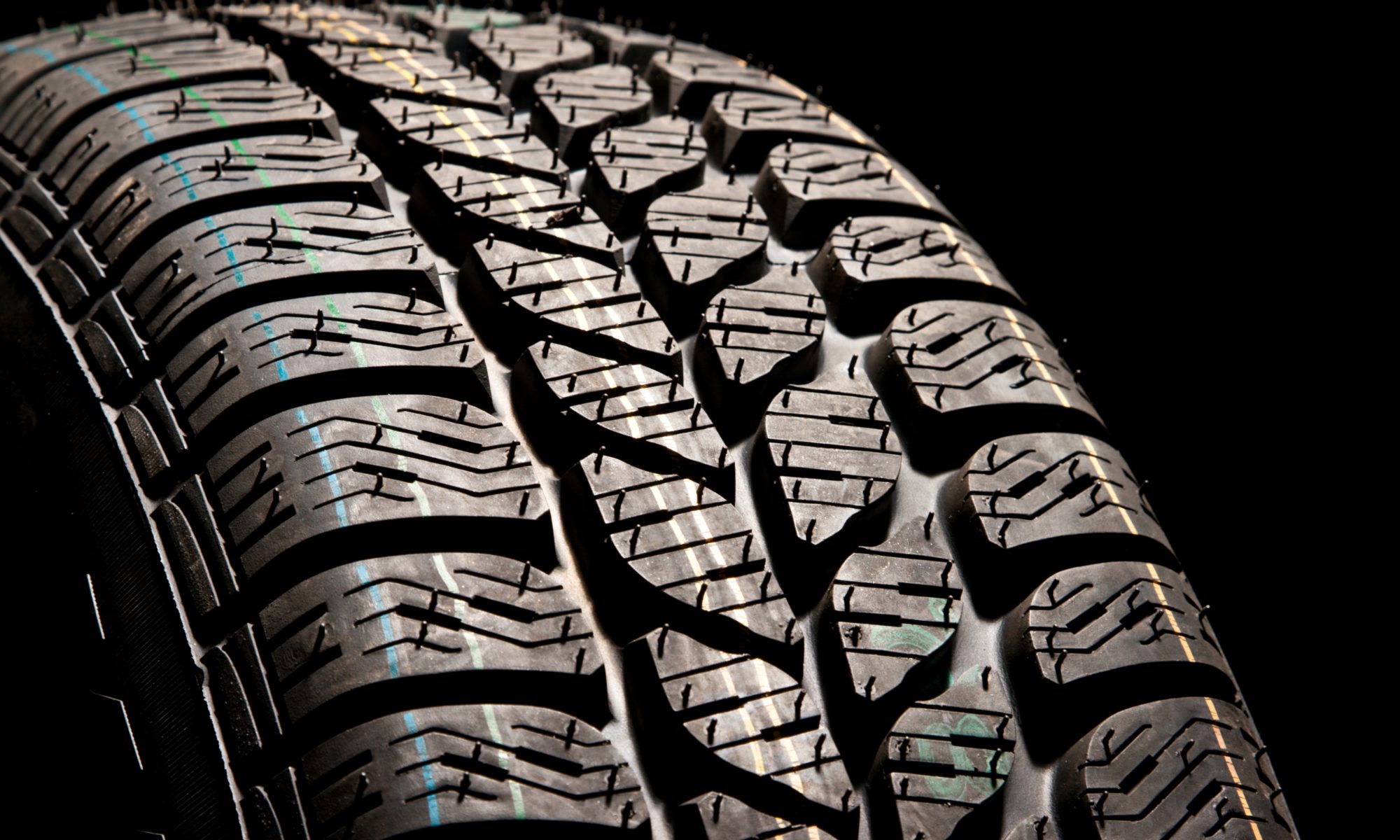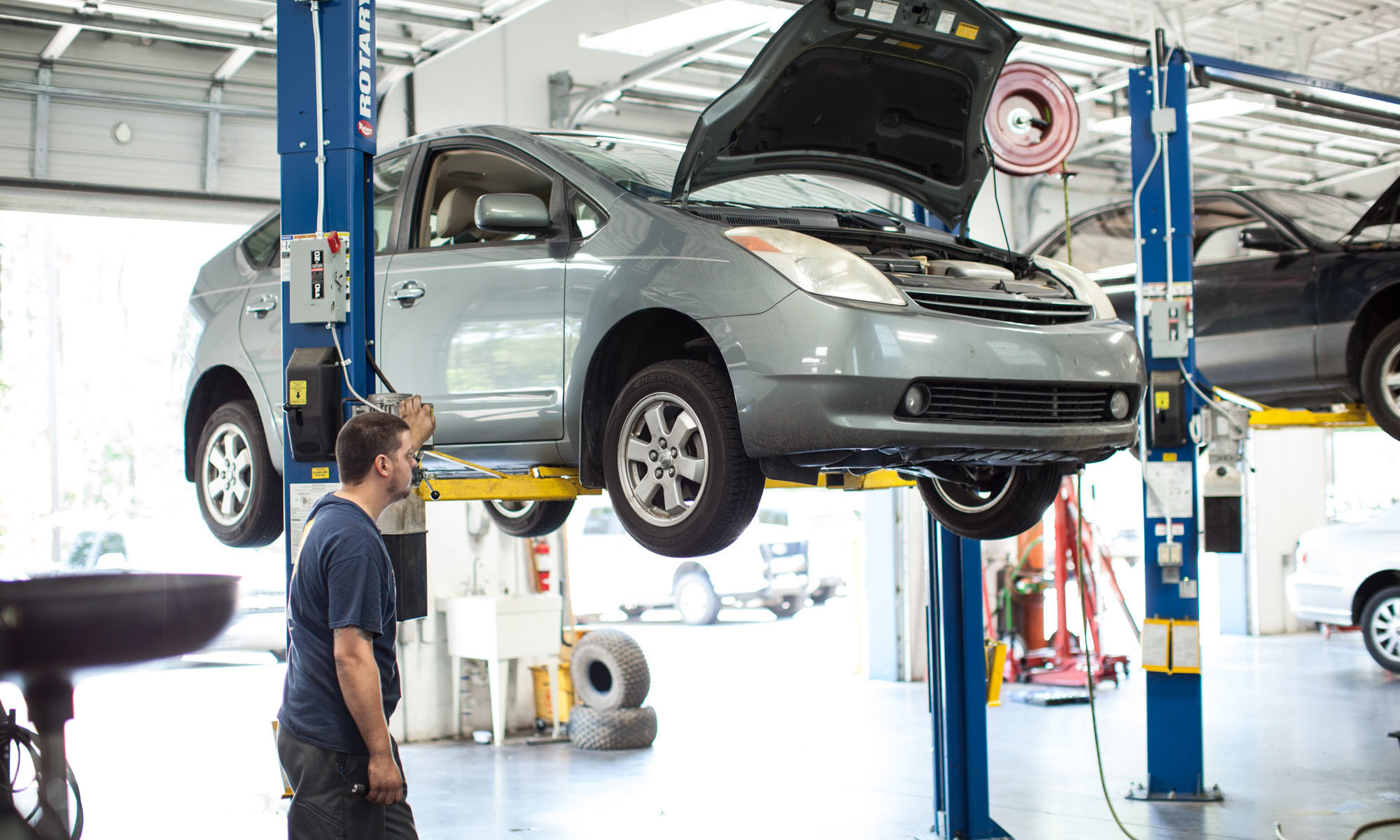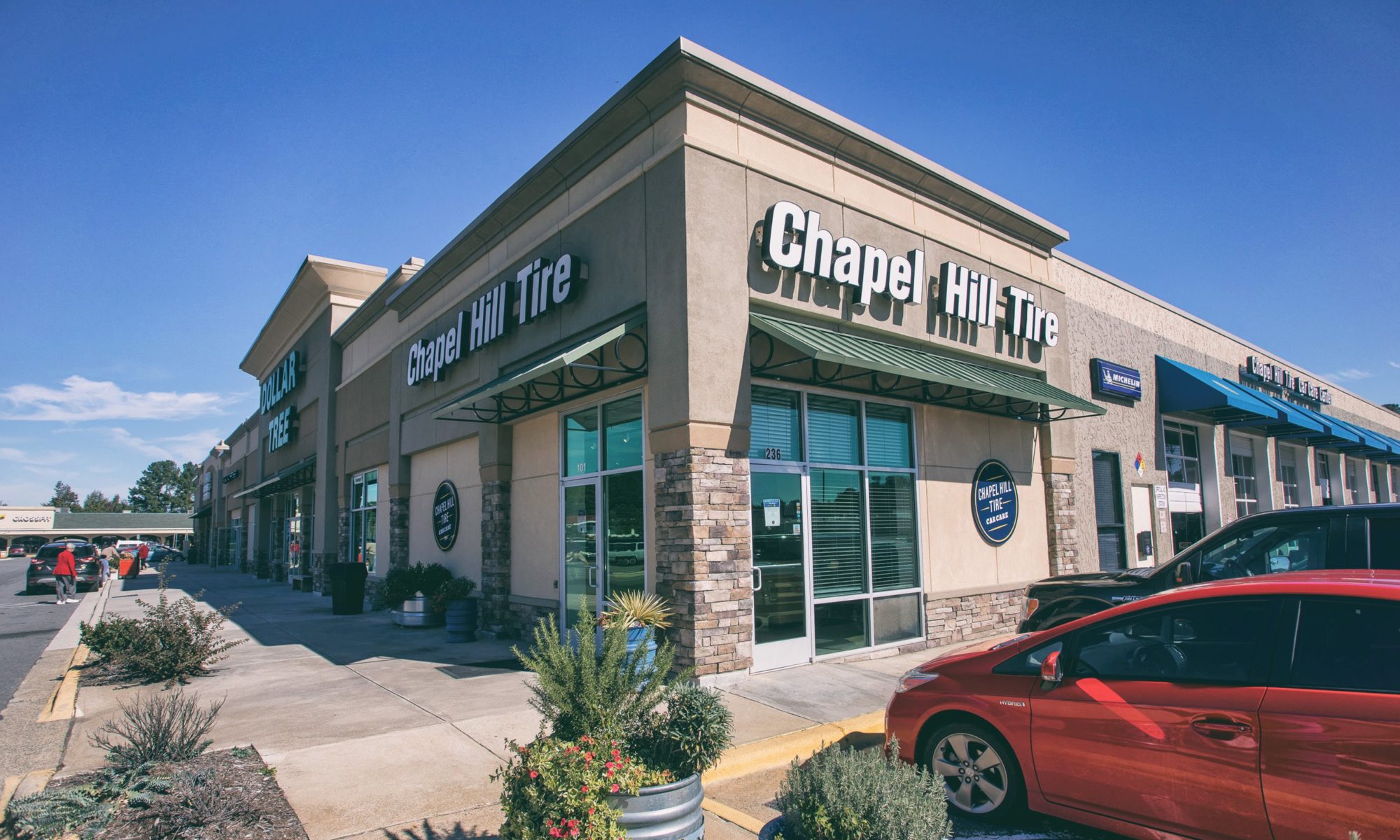How to Jump-Start a Car in 8 Simple Steps
Finding that your car won’t start? A dead battery can be a major inconvenience, but less so if you know how to jump-start a car. Thankfully, the experts at Chapel Hill Tire are here to help! The jump-starting process is easier than you might expect; here is a quick guide to jumping a car battery:
Jumping a Dead Car Battery
If your battery is dead, all you need to get it started is another car to jump your battery and the cables needed to connect them. It is best to always keep a pair of cables in your vehicle in case you or someone else needs a jump. Once you are ready to go with both of these, here is how to jump your car:
-
Bring the Engines Close
- First, bring the working car engine close to your own. Parked either parallel or facing your car is fine, but ideally, the two engines should be within two feet of one another.
-
Shut off Power:
- Next, turn both vehicles off.
-
Connect Positive to Positive:
- Start by connecting the positive (often red) clamps of the jumper cables to the positive terminals of your battery. These are often marked, but they can be hard to see. Be sure to look closely to ensure that you are connecting to the right portion of the battery.
-
Connect Negative to Negative:
- Connect the negative (often black) clamps of the jumper cable to the negative terminal of the live battery. In your car, stick the negative terminal to an unpainted metal surface.
-
Safety First:
- Remember, when connecting the positive cables to the batteries, you should always start by connecting the dead battery first. If you feed energy into the cables before they are connected to your battery, you can cause a safety hazard. If you feel unsure or unsafe at any point, it is important to call for professional help instead of risking your safety.
-
Start the Working Car:
- Start the working vehicle. You can give the engine some gas and then leave it running for a couple of minutes while it charges up your battery.
-
Start your Car:
- Start your vehicle while it is still connected. If it doesn’t start right away, give it another minute and then try again.
-
Disconnect the Cables:
- Carefully disconnect the cables in the order reverse from their placement in the vehicles. Disconnect the negative cable from your car, then the negative cable from the other car, then the positive cable from your car, and, finally, the positive cable from the other car.
Remember, your battery charges while you drive. After getting your car started, consider taking the scenic route to your destination to give your battery the time it needs to recharge. Even if your battery jumps and recharges, this initial dead battery is a sign that you are due for a replacement. Bring your vehicle to a local mechanic at your earliest convenience.
Additional Jump-Starting Options
If the traditional jump-starting option does not work for you, there are two additional options to getting your battery jumped:
-
Battery Pack Jumping:
- The alternative to the traditional jump is buying a battery jumper pack, which is a portable battery with cables that can jump-start your car. Be sure to carefully follow the directions included within this battery, as all devices are made differently.
-
Mechanic Valet and Pickup/Drop off:
- The final option is to call for expert help. AAA is a reliable roadside service that can find you and replace your battery. If you do not have a membership, you can get in touch with a mechanic pick-up/delivery service options. While your car will need to be drivable, these car experts can replace or service your battery and bring you your car when it is ready.
My Car Still Won’t Start After a Jump
If you find that your car still isn’t starting, there may be an issue beyond a dead battery. Here is a closer look at how your battery, alternator, and starter work together. Bring your vehicle in for professional help. The experts at Chapel Hill Tire have everything you need to get your car up and running. You can also read our guide to jump-starting hybrid vehicles here. With 11 Triangle-area locations, you can find our trusted car experts in Raleigh, Durham, Chapel Hill, Apex, Cary, and Carrboro. Schedule your Chapel Hill Tire appointment to get started today!
